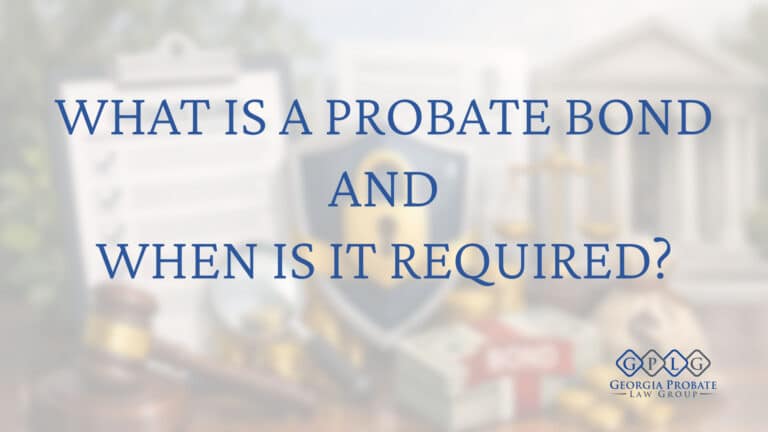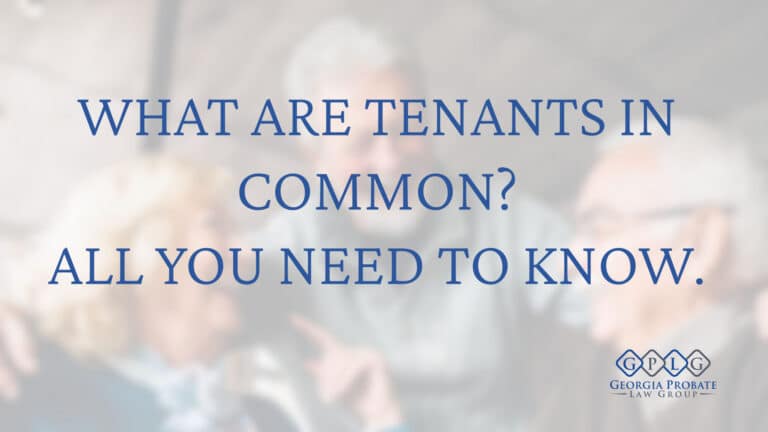If you’ve been left a portion of a property through someone’s will, it can be a difficult time for all involved. Most people may want to sell the house quickly for emotional reasons, to prevent high maintenance costs, or even to pay off creditors to the extent possible if the estate doesn’t have enough cash assets to satisfy creditor claims. Regardless of the reasons, before starting the sales process, you should understand what is an estate sale and how the estate sale works.
What Is an Estate Sale for a House and How It Works
Known also as a tag sale, estate sales are often associated with the sale of the deceased’s belongings when one of the heirs’ important tasks is to sell the deceased personal property. This can mean selling not just the house but also the contents of the estate home, such as furniture, artwork, clothing, other valuable items, etc.
This type of sale is prevalent when the heirs don’t have any use for the late person’s home or belongings. Typically, turning material belongings into money for distribution amongst family members is a practical solution.
The estate sale is typically administered by the estate’s representative, who is the executor or administrator (if the late person didn’t have a will, the personal representative is called administrator; if the decedent has a will, he is called an executor).
The sale proceeds are deposited into the estate bank account held by the personal representative. Depending on his experience with these types of sales and the complexity of the estate, the personal representative may also have a company assist them with the estate sale.
Is everything for sale?
Not necessarily. It depends on whether the deceased had a will and the testamentary instructions for particular items.
However, it is worth mentioning that in probate proceedings, the estate sale involves selling the property as is, without making any improvements. This means the probate sales include someone’s personal property and other valuables from the house, including the furniture.
Is Probate Needed for an Estate Sale After Death
Although not required in Georgia, probate is recommended to properly administer the deceased’s estate, including the estate sale.
Is estate sale a way to sell personal belongings after death without a will?
Depending on the situation, an estate sale can occur in probate with or without a will.
If the deceased had a will, he must specifically mention his desire to sell the house, or the house may need to be sold to pay outstanding creditors. If the deceased had a will, he must specifically mention his desire to sell the house. The executor will be responsible for the sale at the right price. An example of some documents that you may need to sell the property of a late person who died testate are:
- the will and the petition to probate the will.
- order from the probate court to appoint the executor.
- letters testamentary.
- a form of government identification such as a driver’s license or passport.
- potentially other documents that are not listed here.
If there is no will, the probate court will appoint an administrator to manage the inheritance. The administrator will be responsible for selling the decedent’s property. When the administrator has to sell the deceased property, he may need the following documents:
- a probate court order appointing the administrator and granting powers.
- letters of administration.
- a form of government identification such as a driver’s license or passport.
- possibly other documents that are not listed here.
If the estate doesn’t have enough cash assets to satisfy creditor claims, the property the deceased owned will be sold to pay off their creditors to the extent possible. Any money left over would be distributed to family members or other beneficiaries, depending on whether the decedent left a will.
How Do Estate Sales Work?
Two situations can occur when a property that is part of a deceased person’s estate needs to be sold:
In the first case, the probate court should have granted the personal representative certain expanded powers, allowing them to sell the deceased’s house.
If this isn’t the case, they will need a separate petition to gain the court’s permission to sell the probate property. In that petition, the administrator or executor will need to identify for the court:
- The property he would like to sell.
- The reason he would like to sell it.
- The proposed terms of the sale (including price).
Given the complexity of an estate sale in probate, the personal representative should find an estate sale company or a real estate agent specializing in selling estate properties in probate. The probate court must authorize the agent to list the property for sale.
The deceased’s heirs and the inheritance’s beneficiaries will be notified, and if no one files an objection, the probate estate sale can proceed with court permission.
Assess and make an inventory
Typically, an inventory entry for real estate will include the address, legal description, and a copy of the deed, as well as an estimate of the fair market value.
Because estate sales can involve selling not only the house but also the belongings in it, it is essential that the personal representative of the estate and an appraisal specialist go through every room of the house and methodically inventory all the items – including the (antique) furniture, paintings, and other items for sale. They should make sure to note the condition of each item, as it will help them determine prices later.
Set pricing for items
Determining the appropriate price for items included in the deceased’s estate is essential. However, if the personal representative believes that the property has valuables, antiques, and collectibles that are worth analyzing, they can ask a professional appraiser for help.
Another reason to consider hiring a professional company specialized in estate sales is their experience in pricing items correctly. It takes a lot of market research to determine fair market value. However, this becomes difficult for an untrained eye, especially regarding antiques and collectibles.
In some situations, the personal representative may request that immediate family attend the estate sale before the general public to allow them to purchase items of the deceased that they may wish to keep.
If there is a disagreement about who has the right to buy a particular item, it is recommended that the executor or administrator contact a legal solicitor for assistance.
What do home appraisers look for?
Whether the executor or administrator hires a professional appraiser or is looking to assign the deceased’s property a fair market value, there are some things to look at during the home appraisal process:
Location and comparable home values
Besides factoring in a property’s location and measuring how it stacks up against comparable, recently sold homes in the area, they should also take into account:
- quality of the neighborhood.
- lot size.
- number of bedrooms and bathrooms.
- age and type of house.
- renovations or improvements.
Condition of the home
When appraising the estate’s property, the personal representative may also consider the condition of the home, including:
- curb appeal.
- any visible damage to the home.
- foundation and structural issues.
- HVAC, plumbing, and electrical systems.
- signs of termites or other pest problems.
- condition of appliances.
- notable improvements or upgrades that add value to the home.
When signs point to potential issues, appraisers can also order any necessary inspections, usually roof, pest, or water inspections. If they uncover conditions that don’t meet the selling process requirements, they may need to be repaired before the property is put on the sales market.
Choose a date for the sale and advertise
In a probate sale, the property is marketed like any other property. The estate representative or the local real estate agent hired by them signs a listing agreement and advertises the property using MLS listings, public signs, etc., just like any other sale. However, they must note the probate status on the listing.
Hold the estate sale

The next step is to hold the estate sale and obtain offers from potential customers. Buying an estate sale house involves typically making an offer.
To avoid any problems, it is vital to have an experienced probate attorney assist you with this process.
Bottom Line
Selling a house in probate can require using the services of a probate attorney and a real estate agent specializing in probate sales. These sales require unique contracts and documents that aren’t common in other real estate transactions, so this specialized knowledge can be helpful.
Our office is open to any questions or concerns you might have about what is an estate sale and the steps involved in this process. You can reach our team at (770) 796-4582, and we would be happy to assist you.
More information
Disclaimer These websites have not been reviewed by Georgia Probate Law Group and are not endorsed or even recommended by Georgia Probate Law Group. These websites are additional resources that you can use to further your general education on this topic.
Disclaimer: The information above is provided for general information only and should not be considered legal advice. Our probate attorneys provide legal advice to our clients after talking about the specific circumstances of the client’s situation. Our law firm cannot give you legal advice unless we understand your situation by talking with you. Please contact our law office to receive specific information about your situation.


























